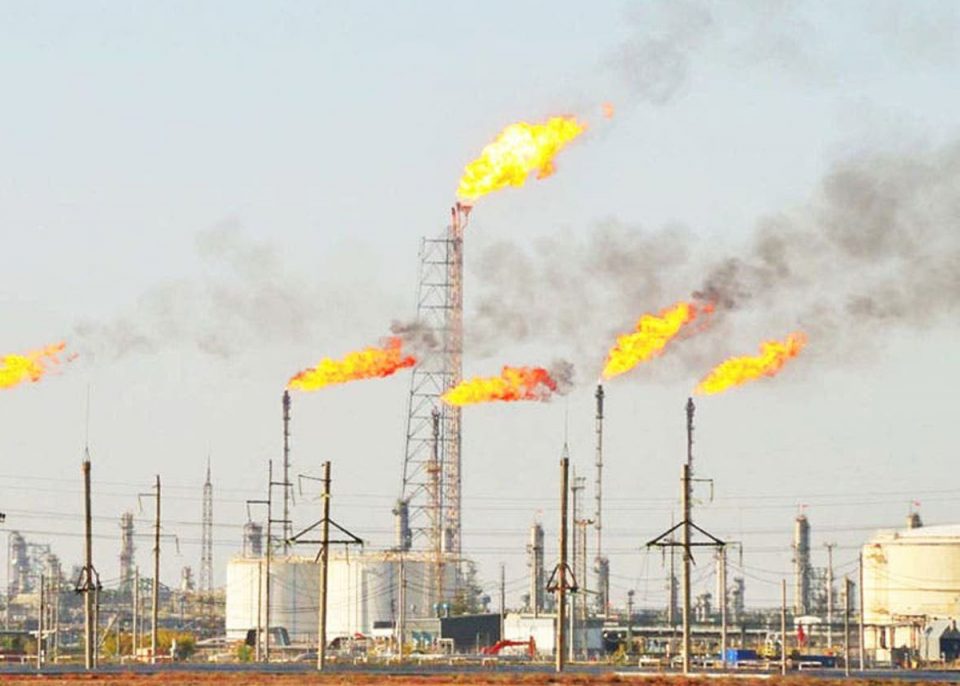As Nigeria looks to diversify its energy sources to reduce the near total dependence on liquid fuels, the Federal Government has come up with various energy programs to drive alternative energy development.
Nigeria has an opportunity to go big on Alternative energies such as Gas and Solar energy and we must all do what we can to ensure that these green alternative energy sources are strategically developed and their usage deepened across the country for the benefit of Nigerians.
There must be cheaper and cleaner alternatives to petrol and diesel made available to the public especially as full deregulation of the Nigerian Petroleum Downstream sector kicks in.
Nigeria has about 202 trillion cubic feet (Tcf) of proven gas reserves, up from around 187 Tcf late last year, valued at over $460 billion and about 600 Tcf of unproven gas reserves with only about 25 percent of these reserves currently under development.
In January 2020, the Federal Government of Nigeria through its Ministry of Petroleum Resources came up with the National Gas Expansion Program (NGEP),
Chaired by the seasoned Dr. M.M. Ibrahim. The objective of the program is to reform and implement the promotion of a market structure which would ensure the utilization and development of gas infrastructure, assets and facilities on a common carrier and co-sharing basis.
The ultimate goal is to deepen the use of gas across the country by promoting its advantages as a cheaper and cleaner alternative source of energy to PMS and AGO.
The Major Oil Marketers Association of Nigeria, in total support of the government’s new energy strategy organized the Nigerian CNG Webinar on the 2nd of September, 2020 in collaboration with Oil Trading and Logistics (OTL) Africa Downstream and ARS Conference Services with key stakeholders in attendance.
The webinar had representatives from the National Gas Expansion Program of the Federal Ministry of Petroleum Resources, MOMAN, NIPCO Plc, Axxela and the Nigerian Gas Association (NGA). Also, in attendance were representatives from the Depot and Petroleum Products Marketers Association of Nigeria (DAPPMAN), other energy operators, energy correspondents and the public.
The event unveiled gas as a cheaper and greener replacement fuel for automobiles in Nigeria and dissected the spectrum of its untapped potential across the downstream energy value chain, spelling out opportunities for government, investors, and consumers.
The webinar reinforced the government’s commitment to the Gas deployment strategy, addressed issues around policy framework, infrastructure, sustainability, and usability.
The imperative need to develop CNG, LPG and LNG as an alternative to petrol and other fuels has never been more critical, especially with the recovering crude oil prices and the rising demand of refined products as we approach the winter months in Europe.
Using other countries where Gas has been adopted and integrated as an alternative auto fuel as case studies, Gas requires government support and interventions to take root.
The Gas value chain is awash with opportunities for new investment, skills development, and enhancement of our local public transportation infrastructure. Clear policy directives and legislative framework aimed at generating demand, as well as Customs duty and tax waivers will be required and fast tracked to jumpstart the sector and attract investment into the gas space.
The NGEP has further engaged stakeholders across the energy value chain to push the government’s gas agenda.
Following the well-attended webinar, the NGEP in association with MOMAN and DAPPMAN convened two stakeholders consultative meetings at Oriental Hotel in Lagos on the 3rd and 4th of September 2020 with MOMAN, DAPPMAN, Auto Gas stakeholders, Automobile assemblers and manufacturers, cylinder fabricators and engine converters etc. in attendance, to further discuss challenges affecting the National Gas Policy and the Ministry of Petroleum Resources gas sector intervention programs.
There were three presentations made on the first day:
- Natural Gas: The Catalyst for Nigeria’s Economic Renaissance by Dr. Mohammed M. Ibrahim, Chairman, National Gas Expansion Program (NGEP)
- Deepening the Use of LPG by Mr. Tunji Oyebanji, Chairman, Major Oil Marketers Association of Nigeria (MOMAN)
- NGEP Summary Schematics by Virtual Gas Integrated Association of Nigeria (VGIAN) a fast tracked NGEP Pilot program.
Concerning the ban of LPG add-on skids on retail outlets, the Department of Petroleum Resources (DPR) agreed that it would lift the ban but noted that safety guidelines would need to be adhered to. Plans are underway for DPR to publish CLEAR SAFETY GUIDELINES on station gas installations before the end of 2020.
Standards Organization of Nigeria (SON) reported that a meeting of stakeholders will be convened in early this month to determine the composition blend of LPG for its soon to be released LPG standards. In essence, the NGEP is bringing together all relevant government agencies to ensure that the gas space is business friendly and conducive enough to encourage new investors into the sector. As mentioned above, Nigeria, being a gas country must be able to benefit locally from its abundant gas reserves and transfer the advantages to the Nigerian consumer.
MOMAN, supports the gas initiatives of the Federal Government of Nigeria and is keying into the auto gas space to give Nigerians across the country a cleaner and greener alternative to power their automobiles, homes and other equipment. The idea of deepening the use of gas comes at a very auspicious time as we grapple with increasing PMS prices due to the deregulation of the petroleum downstream sector. With new policies on alternative energy, the total deregulation and liberalization of the petroleum downstream sector and the coming on stream of new mega and modular refineries, Nigeria can quickly develop into the refining hub for West and Central Africa becoming a net exporter of refined products.




